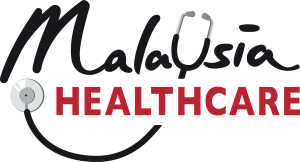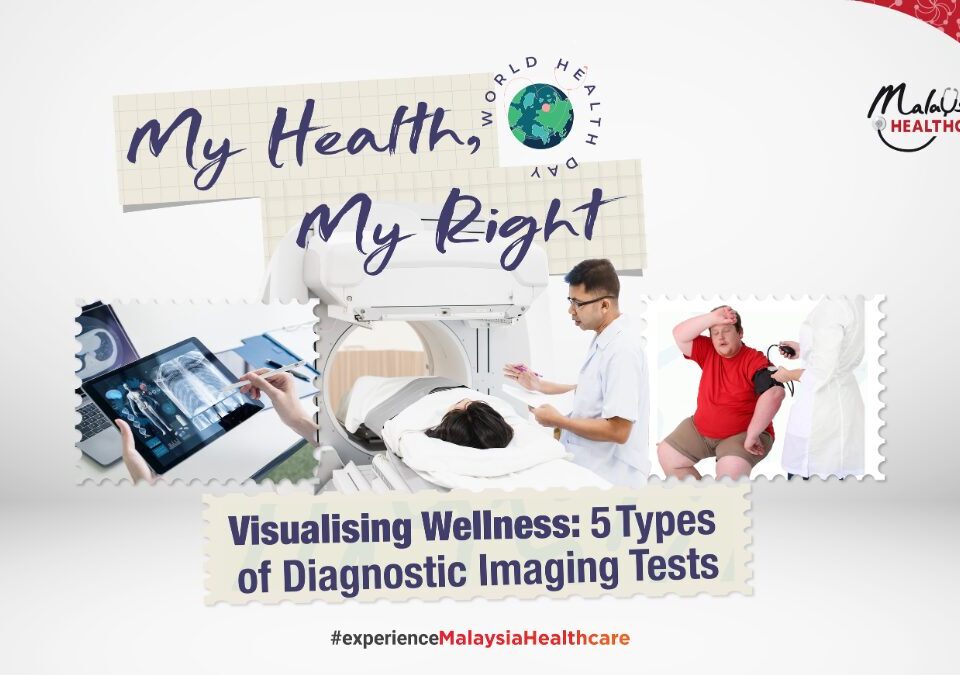Malaysia Healthcare Chronicles
Health Screening After 50: What You Need to Know


Just the thought of a health screening makes many of us anxious. That’s understandable because health check-ups come with the potential of receiving bad news.
Whether you have health concerns or are feeling perfectly fine, a health check-up is a smart thing to do. Its primary purpose is to identify potential issues early and, where possible, prevent them.
While all adults should have regular health check-ups, frequent health screenings are recommended after the age of 50. There are some common tests recommended for people over 50, but many are also specific to gender or individual risk factors.
What to Expect?
All health screenings should begin with a consultation for the doctor to learn more about your medical history, family background, and immunisation history.
Having blood drawn may deter some people from going through health screenings, but blood tests can reveal a great deal about your health. You’ll probably be asked to fast the night before the test.
Basic blood testing shows how the liver, thyroid, kidneys, and immune system are functioning. Blood tests can also measure your blood sugar levels to check for diabetes and cholesterol levels to assess your risk for heart disease.
A C-reactive protein test will help identify blood inflammation and heart disease risk, while tumour marker tests can identify cancer.
Heart disease screening is not only limited to blood testing. Your doctor may recommend an ECG (electrocardiogram), which involves checking the electrical activity responsible for the contractions of your heart.

This test may be done on your resting heart rate or on your exercise heart rate as you walk on a treadmill (commonly known as a ‘stress test’).
While such tests were generally recommended for people over 45, these days they are not routinely done for men under 50 or women under 60 with no other heart disease risks.
After 50, health screening for colon cancer is often recommended as early detection can significantly improve treatment outcomes. This generally involves stool testing, rectal examination, or a colonoscopy, which is the insertion of a tiny camera into the digestive tract to look for abnormalities.
Health Screening Based on Individual Risk Factors
For women, Pap smears help detect precancerous cells in the cervix, while breast ultrasounds and mammograms screen for breast cancer. For men, prostate cancer screening, which involves special blood tests and a rectal examination, is recommended after 45.
Other than gender, your individual risk factors such as lifestyle, health, and family history must also be considered. For example, smokers or ex-smokers are advised to undergo a low dose CT scan for lung cancer screening, while women with a family history of breast cancer may be advised to undergo genetic testing or more frequent mammograms.
Which Tests? How Often?
Aside from routine tests such as blood pressure, blood sugar, and basic blood tests, testing recommendations are always changing in response to new evidence.
For example, annual mammograms were recommended by the American Cancer Society for women starting from the age of 40, but the recommended age to start is now 45.
Some tests, especially ones involving radiation exposure, carry risks and can also be expensive. So, what tests should you do and how often? This is a question that your doctor can best answer.
With many illnesses preventable or treatable with early detection, there’s really no reason to put it off any longer. If you’re over 50 and haven’t been regular with your health screenings, go ahead and make that doctor’s appointment today!




